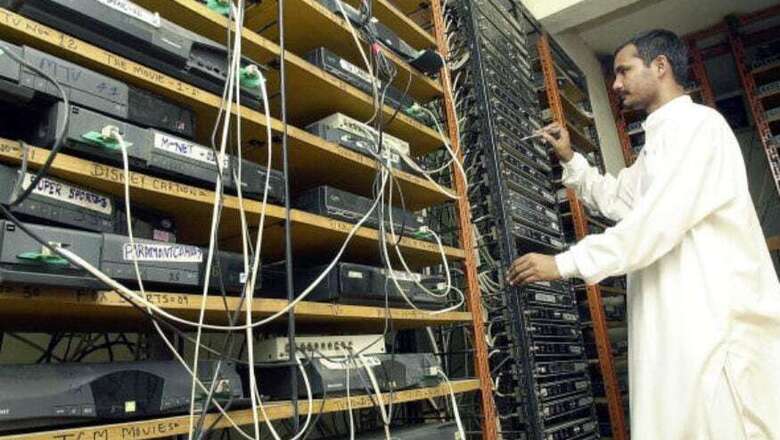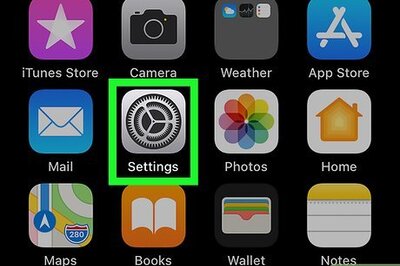
views
New Delhi: Amendments to the new regulatory framework for cable and broadcasting services were aimed at providing freedom to broadcasters or distribution platform operators (DPOs) to price their services while also ensuring a consumer-friendly regime.
The Telecom Regulatory Authority of India (TRAI), which notified the amendments on January 1, had come in for criticism from the broadcasters as well as cable operators.
The new framework introduced last year has been quite successful in harmonising business processes, reduced disputes among stakeholders, brought clarity in channel pricing by displaying the price of every channel on an electronic programme guide to consumers, and enabled transparent subscriber reporting, TRAI said in a statement.
The transparency has ushered better tax compliance thereby improving government revenue, it said.
However, the intended benefit for consumers to enable the freedom of choice could not be achieved completely due to misuse of available flexibility by a group of service providers, it said.
The New Tariff Order (NTO) 2.0, while facilitating consumers to choose channels of their choice either as a-la-carte or bouquet of channels, also ensures that prices of a-la-carte channels are not illusory.
In a bid to protect consumer interests, TRAI on Wednesday made amendments to the new regulatory framework for cable and broadcasting services under which cable TV users will be able to access more channels at lower subscription price.
Significantly, TRAI capped at Rs 160 the amount consumers will have to pay monthly for all free to air channels.
TRAI, in a statement, said it has decided that in case of multi-TV homes where more than one TV connection is working in the name of one person, it will charge a maximum of 40 per cent of declared Network Capacity Fee (NCF) for the second and additional TV connections.
After examining various provisions, TRAI has also reduced the maximum NCF charge to Rs 130 (excluding taxes) for 200 channels.
In addition, it has also been decided that channels declared mandatory by the Ministry of Information and Broadcasting will not be counted in the number of channels in the NCF.
The authority has also permitted DPOs to offer discounts on long-term subscriptions which are for six months or more.
The sum of the a-la-carte rates of the pay channels forming part of a bouquet shall in no case exceed one and a half times the rate of the bouquet of which such pay channels are a part, the TRAI said.
The a-la-carte rates of each pay channel (MRP), forming part of a bouquet, shall in no case exceed three times the average rate of a pay channel of the bouquet of which such pay channel is a part, it said.
TRAI also decided that only those channels which have an MRP of Rs 12 or less will be permitted to be part of the bouquet offered by broadcasters.
The regulator said it has also considered the concern of broadcasters regarding huge carriage fee being charged by DPOs.
A cap of Rs 4 lakh per month has been prescribed on carriage fee payable by a broadcaster to a DPO in a month for carrying a channel in the country, TRAI said.
The authority has also considered giving more flexibility to DPOs to place the TV channels on Electronic Programme Guide (EPG) and mandated that channel of a language in a genre will be kept together while placing channels on EPG.
Such EPG lay out is to be mandatorily reported to TRAI and no change in this can be done without prior approval of the authority, the statement said.
The new rules are part of the changes the regulator has made to its 2017 tariff order for broadcasting and cable TV services. They will be effective from March 1.




















Comments
0 comment